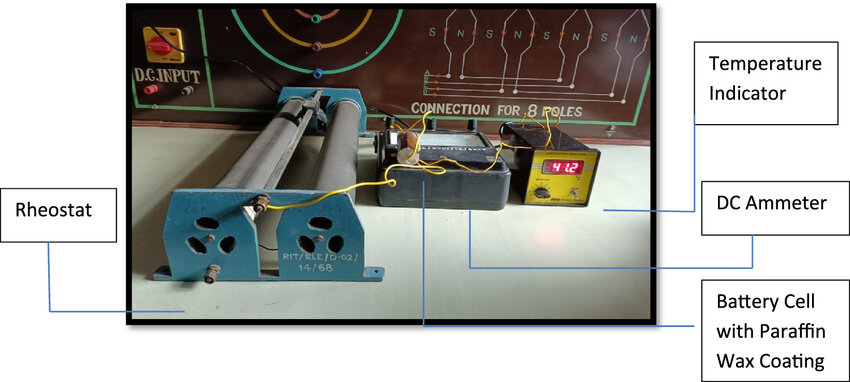
Is it safe to use wax as an electrical insulator?
paraffin wax is an electrical insulator, but it also is good at burning…. so there is doubt about that
I have a makeshift little battery-powered electrical project and I want to seal up some wires to prevent crossing and just make it a bit more efficient.
we have just seen paraffin in the form of candle wax.
Wax paper type capacitor was widely used at the time before 1965 device. It could stand up to 400V DC with a thin layer of wax as its insulator. Bee wax was also used on IF transformer and receiver RF tuning coil to fix coil spacing. Some old day audio transformer also use bee wax as its isolator.
Just make sure no heat builds up parts like lamp and resistors existed in the circuit where the wax is going to be used.
Paraffin wax can act as an insulator, though it is not typically used for electrical insulation in industrial applications. Here’s how it works and where it might be useful:
1. Thermal paraffin wax Insulator :
- Properties: Paraffin wax has low thermal conductivity, which means it doesn’t transfer heat easily. This makes it useful as a thermal insulator in certain applications.
- Uses: Paraffin wax is used in candles, cosmetics, and as a coating for some foods to preserve freshness. In these products, the wax helps to provide a barrier against heat loss or gain.
2. Electrical Insulation:
- Properties: Paraffin wax is a good insulator in terms of its dielectric strength, meaning it can prevent electrical conduction. However, its performance can be compromised by moisture or high temperatures.
- Limitations: It is not commonly used for electrical insulation in high-voltage environments due to its relatively low dielectric strength compared to materials like rubber or plastic. Additionally, paraffin wax can melt under heat, which would compromise its insulating properties.
3. Advantages:
- Cost-Effective: Paraffin wax is relatively inexpensive.
- Easy to Use: It is easy to melt and shape into coatings or molds.
4. Disadvantages:
- Limited Temperature Range: Paraffin wax has a relatively low melting point (around 46–68°C), which may not be suitable for environments with high temperatures.
- Susceptibility to Moisture: If exposed to moisture, its insulating properties can be reduced.
In summary, paraffin wax is an effective thermal insulator, and in certain low-voltage or non-critical applications, it might be used as an electrical insulator. However, for high-performance electrical insulation, materials like rubber, plastic, or specialized coatings are more commonly used.

